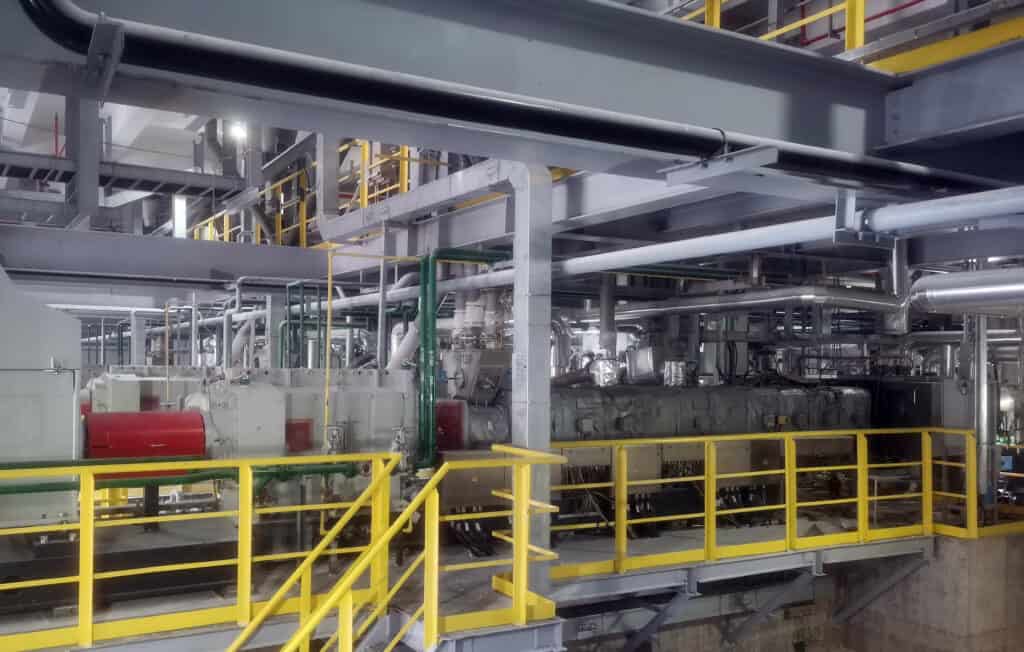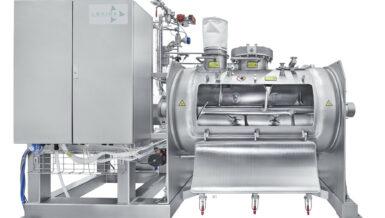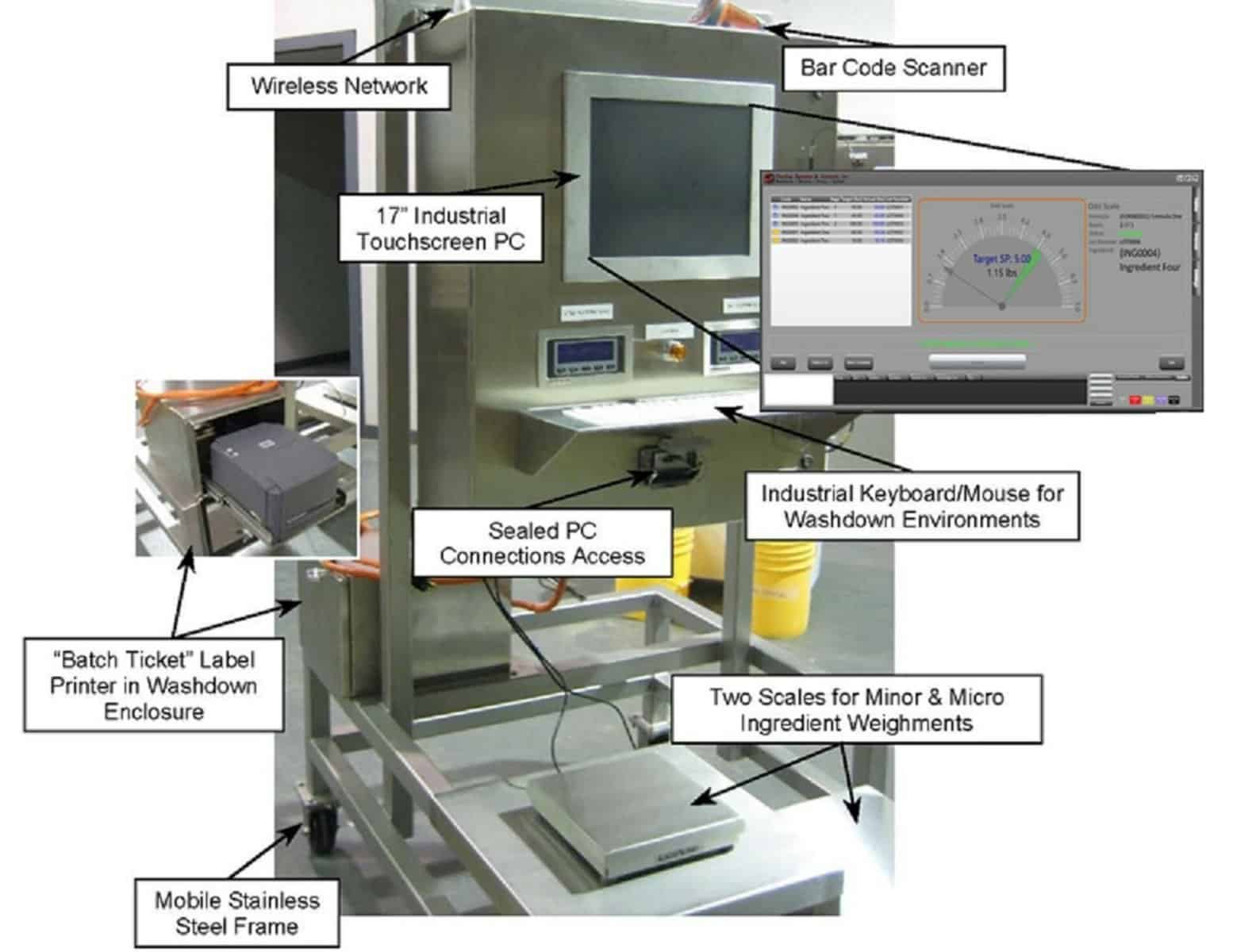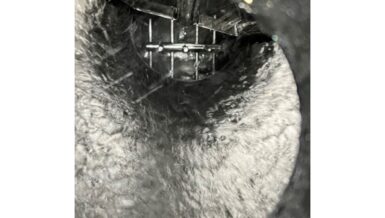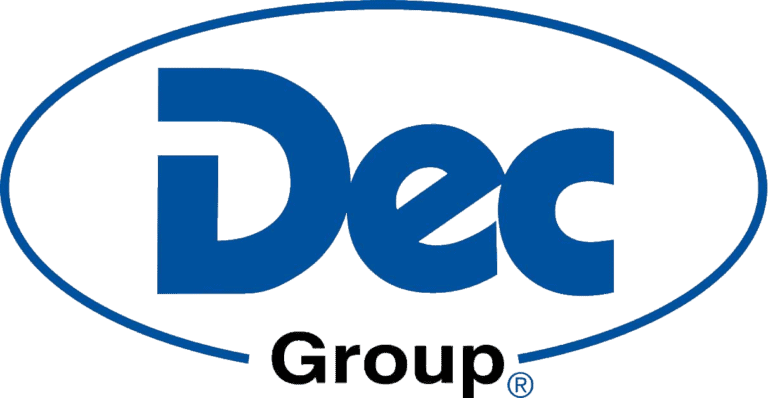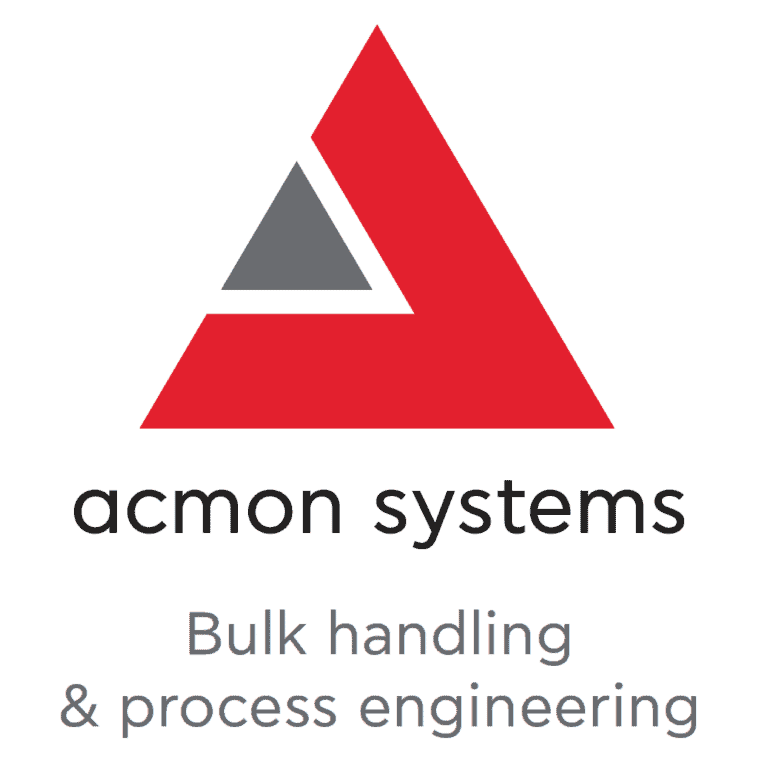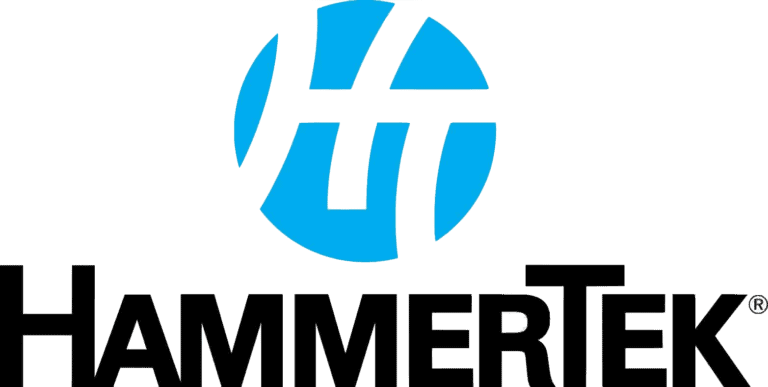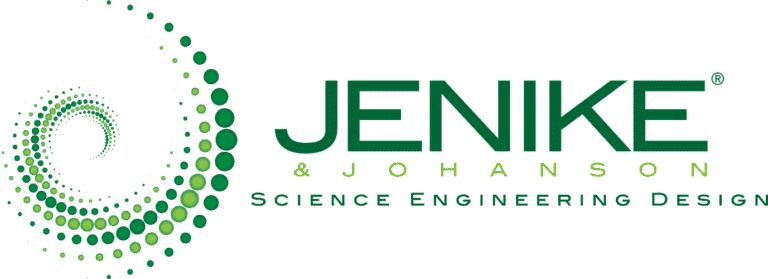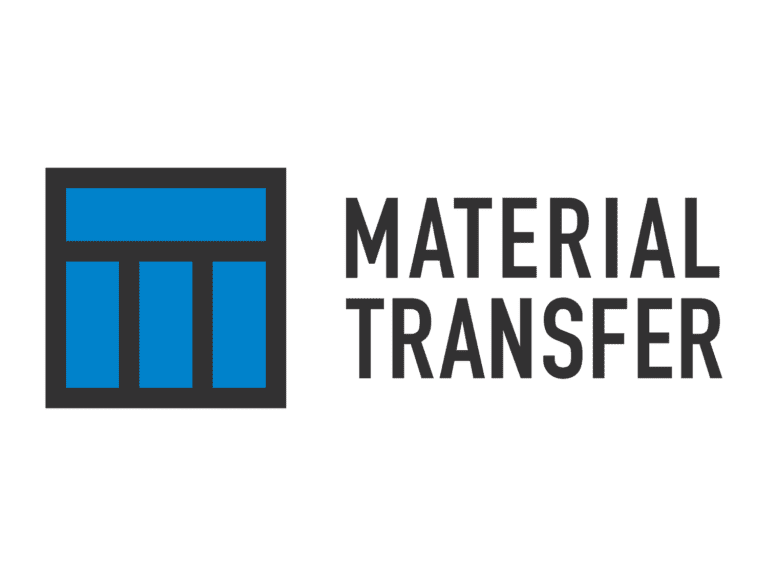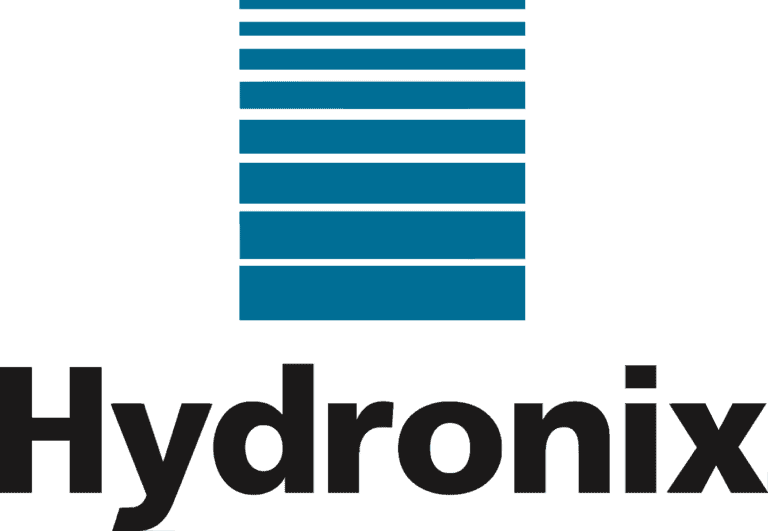ABS is a thermoplastic engineering plastic which combines numerous positive mechanical properties and chemical stability, which make it ideal for multiple uses in the electric and automotive industries.
Technology licensing and engineering company Zhejiang Zonepic Petrochemical Technology Co., Ltd. located in Hangzhou City, Zhejiang Province, People’s Republic of China, is a licensor for the emulsion grafting-bulk polymerization ABS blend method which allows for the production of ABS blends in general grade, food grade, flame retardant grade and electroplating grade. For this solution the company has permitted to design several large installations with multiple ZSK 133 Mc18 twin screw extruders. Two systems have recently started production: one plant is at Lihuayi Lijin Refining & Chemical Co. Ltd. with an output of 200 KTA, and the other at Zhejiang Petroleum & Chemical Co, Ltd. with an output of 400 KTA.
ZSK Extruders for maximum energy-efficiency
ABS blends consist of synthetic rubber polymers HRG and SAN (styrene-acrylonitrile). Coperion has developed a particularly energy-efficient process solution for manufacturing ABS blends. The ABS emulsion emerges wet from a reactor following its manufacture. In Coperion’s solution, it passes through a screw press before the HRG – still damp – is introduced downstream via a Coperion ZS-B side feeder into the process section of a ZSK extruder. The energy-intensive thermal pre-drying of the ABS is thus eliminated.
Using gravimetric Coperion K-Tron feeders, SAN and additives are likewise introduced into the ZSK extruder. SAN, additives and HRG are intensively and homogeneously mixed in the ZSK process section, all the while handled very gently, so that the product does not yellow, nor does the polymer break down.
In comparison to conventional manufacturing processes, Coperion’s solution operates with markedly lower energy consumption. Moreover, the portion of residual monomers is reduced to an absolute minimum.
Frank Lechner, General Manager of Process Technology and Research & Development at Coperion, is convinced of the importance of Coperion’s development: “We’re proud to see how both of these large installations from Zhejiang Zonepic Petrochemical Technology Co., Ltd. have successfully taken over production for ABS blends. These machines are already proving on a daily basis how energy-efficient their operation is. At the same time, they deliver a constant, extremely high product quality that underscores how our innovative process development precisely meets our customers’ requirements. Even our newest development, providing a way to further reduce ABS production’s energy consumption, has already met with great interest – as has our solution for manufacturing ABS blends for direct contact with food products.”





